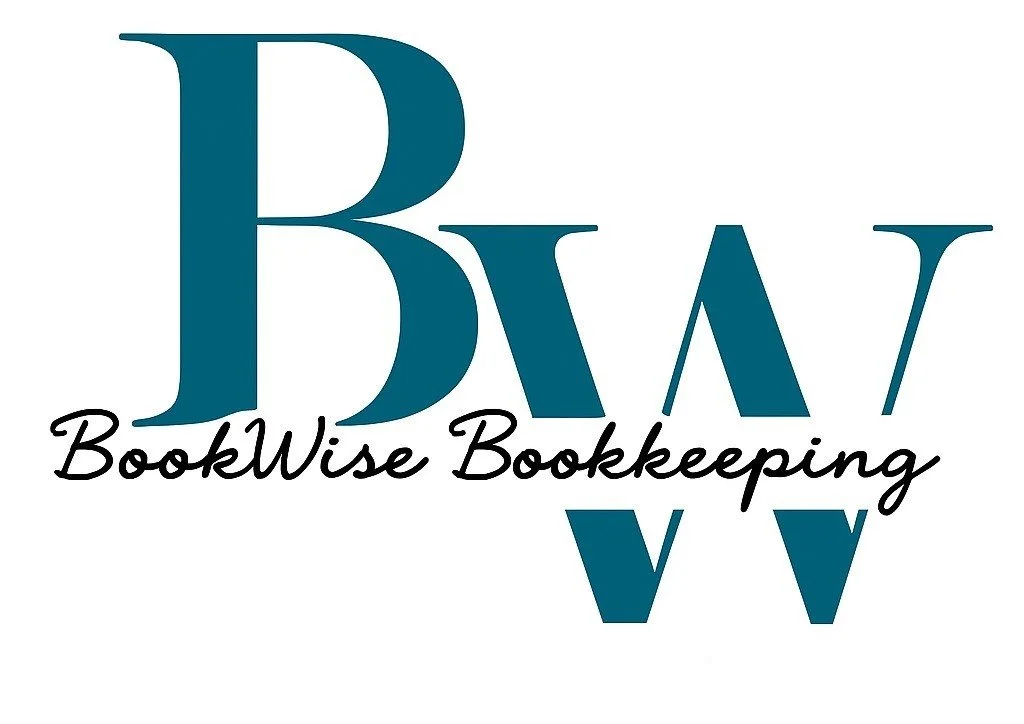Employee or Contractor? Why Classification Matters
Classifying your workers correctly isn’t just a paperwork detail, it’s essential to staying compliant and avoiding penalties.
Whether you’re hiring full-time staff, independent contractors, freelancers, or consultants, each category comes with different tax responsibilities and reporting requirements. And in the eyes of the IRS, misclassifying a worker (even unintentionally) can lead to serious consequences, including back taxes, penalties, and fines.
Why It Matters for Your Business
Accurate worker classification affects:
Payroll taxes and withholdings
Eligibility for benefits
Insurance and liability exposure
How you report payments on your books
For small businesses, especially those growing quickly or hiring support for the first time, it can be easy to assume someone qualifies as a contractor when they’re really functioning like an employee.
Not Sure? Let’s Review It Together
If you're unsure whether your team is classified correctly, it's better to check now than to deal with complications later. At BookWise, we help business owners get clarity on classification and keep their books compliant and audit-ready.
Book a time with us to make sure everything is set up the right way.
BookWise Bookkeeping
Phone 314-325-2478
info@bookwisestl.com

